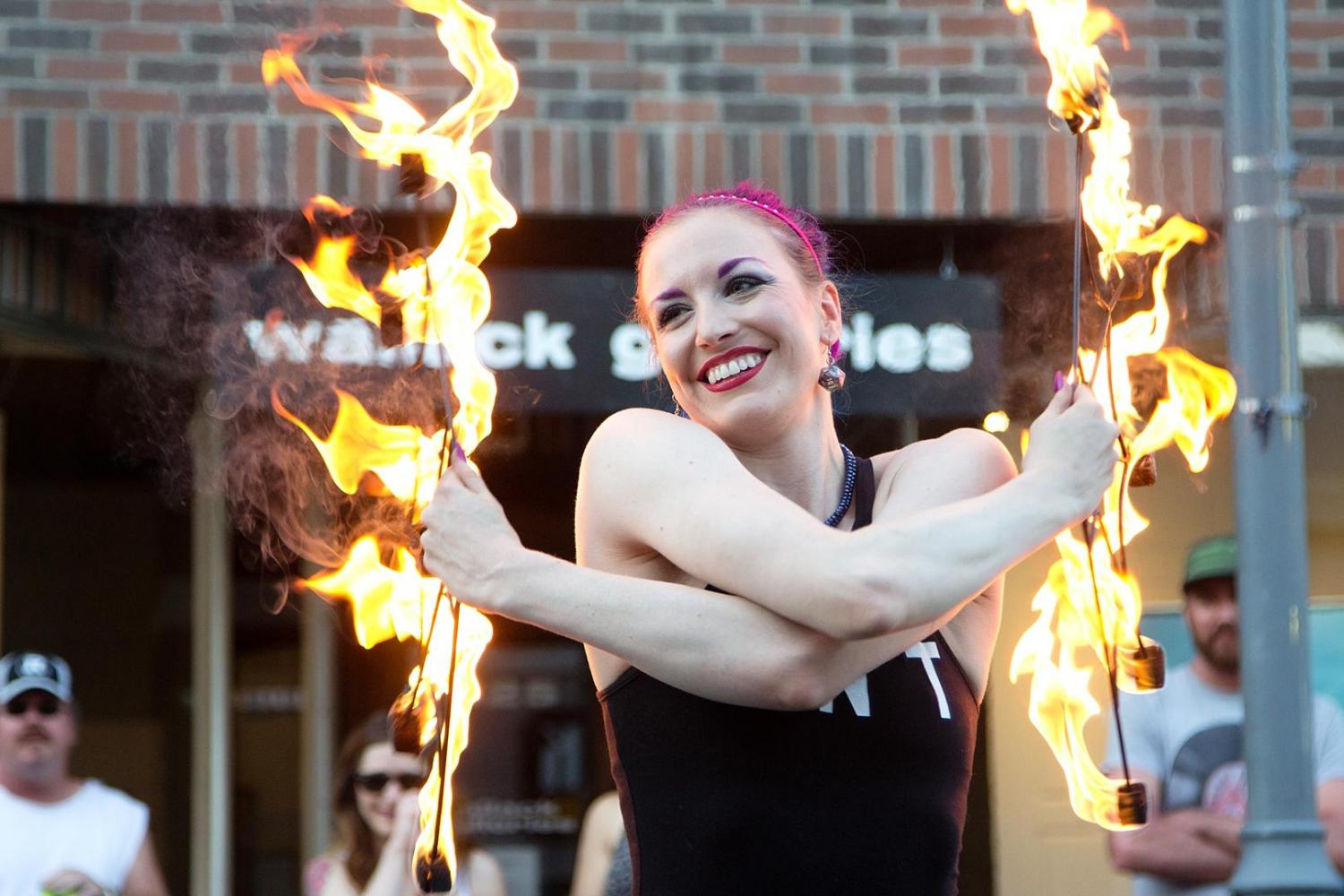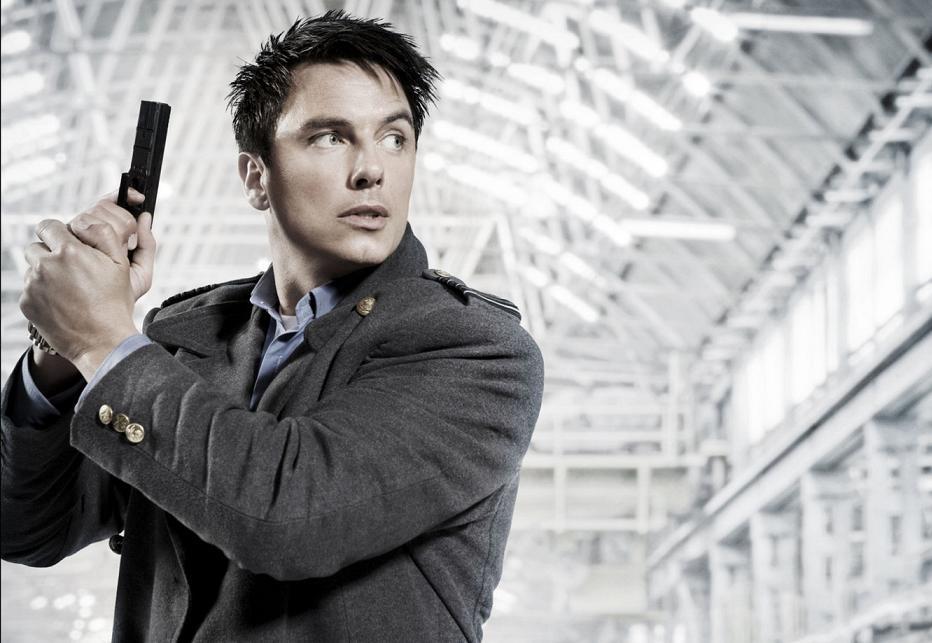
Jack Semple’s Life as a Guitarman
 Ottawa Life’s Festival City Series is back! We'll provide a unique look at some of your favourite events.
Ottawa Life’s Festival City Series is back! We'll provide a unique look at some of your favourite events.
We’ll go beyond the music with artist interviews, volunteer profiles, concert reviews and spotlights on
the tastes, sights and sounds of the festival season.
Your city! Your festivals and events!
Like a good sunscreen, Ottawa Life has you covered.
Jack Semple
RBC Bluesfest
lack Sheep Stage
July 14, 7:30 p.m.
Quite the unique career behind him, Jack Semple has never done the expected. After forging a career with his band The Lincolns in Toronto, he decided to move back to Regina for family and start flying solo. Getting by through scoring movies and television throughout the years, one of his biggest career boosts was through a guitar contest. With multiple records to his name, and a larger following than ever, we spoke with the blues guitarist about how he's moving the genre forward, as well as his film roles behind the scenes and in them himself.
Ottawa Life:What did you want to do on In The Blue Light you hadn't done on your previous releases?
Jack Semple: The concept was that it would be all original tunes, but they'd all be inspired by blues, soul and R&B. My influences are B.B. King, Stevie Wonder and Gladys Knight, so that's the concept.
How do you keep modern blues interesting with all the focus on structure and its history?
That's the trick. Rather than being modern in using hip hop beats or grooves, I'm looking at making it more progressive. Instead of three chords for a song, there's five or six chords. The rhythms might be more diverse.
Talking about your origins what made you decide to leave The Lincolns and go solo?
I lived in Toronto when I was playing with the Lincolns and I really learned a lot. I loved the music a lot and still listen to it, in fact I played with Prakash John last night. My wife had baby number two on the way, so I figured living in my hometown of Regina was the better lifestyle choice than downtown Toronto. I still kept ties with all the corrections I'd made in Toronto at the time.
How did you get involved in scoring movies and TV?
I'm a blues musician but I'm also a professional musician, which means you have to be willing to do whatever it takes to pay the rent. Some of these movie and TV gigs they're really profitable and worth it to do. I'm educated from the school of hard-knocks so I've learned to try and do everything. Luckily I have a lot of friends who are very talented, and I'm like a sponge, I learn from them. Here in Regina, one of my buddies who I used to play with years ago is a brilliant musician and scores tons of moves and shows. One of the first gigs I got was contracted from him. He took me under his wing and helped me. Most of the people I know in the music business who manage to survive, survive because they're self-taught, self-motivated and talented. So learned because I wanted to.
How do you approach writing differently for this kind of work?
If I'm scoring a scene where there's a car chase, I'll watch car chases from movies. I'll say "Oh this is what it should sound like." But I won't copy it, I'll learn what's appropriate and search my own creativity for something that's original that fits the bill. When you're writing for film or TV you have to make the producer happy, and a small group of very judgemental people in a boardroom. There's no audience to please, it's the people in charge. It's not always easy because sometimes they don't know what they want. From a creative side, you have to learn about the genre and pull something out of you that fits the bill that's different but fits the bill.
For those that don't know can you briefly describe the process behind the film "Guitarman" and how that happened?
It was a film produced in the early 90's in Saskatchewan, it was right at the beginning of a film business boom in the province. They needed an actor who could play guitar, and no actor could play guitar well enough. They asked Kim Mitchell, Jeff Healey and a few other people, and when everyone else refused them, they asked me. I'm sure I was their last choice, I'm a guitar player who can't act. I took a crash course in acting, it was a big thrill, totally different and terrifying. It was really fun because I got to write music for the soundtrack which is more my cup of tea. The acting part was hilarious though. I watched Clint Eastwood movies thinking "Who's the coolest cowboy out there." It's a funny movie, I'm a mysterious character who can kill grasshoppers with his guitar, with my blazing blues licks.
We can't ignore your guitar, I know a lot of guitarists rotate but your Stratocaster seems to be the mainstay of your shows, what appeals so much about it?
For me a Stratocaster is the ultimate electric guitar. It's solid-body, simple, basic design. The Stratocaster I play right now I've been using for 30 years, I've thrown it and caught it at gigs dozens of time. It just keeps on ticking. I think it's because of the simple design, that hasn't changed.
What was it like to work with people like Tommy Emmanuel and Vinny Raniolo a few years back and have you kept in touch?
Tommy Emmanuel is the greatest finger-picking, acoustic guitar player in the world. Him and Vinny are really masterful musicians. My son and I went down for a few days and hung out, just taking part in their guitar clinic. It was incredible playing with them, they're on a whole other level musically.
I know you gained attention back in the day through a guitar contest so what's made you stay away from them since then?
I won Guitar Wars, which is was a national guitar competition. It's the only guitar contest I've ever entered. I was the national winner out of 1500 players. It had been going on a for a few years and my wife kept telling me to do it but I thought "Are you kidding, there's so many great guitar players out there." So I did it and I have to say, she was right. I won and it was really great for my career.













